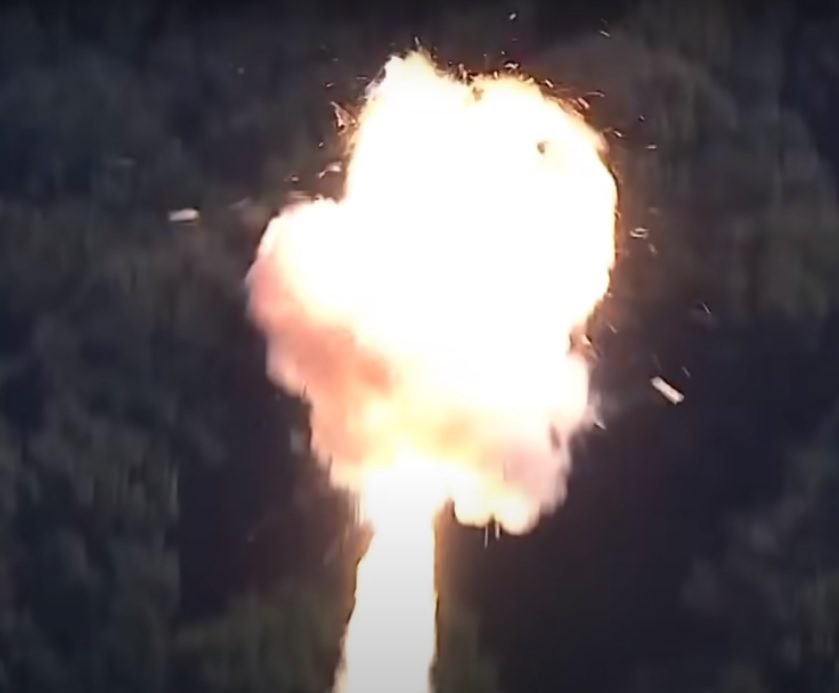Ewan Whitaker, 94, has passed away during October. Whitaker is not widely known but was a key map maker for lunar exploration in the 1960s. In fact, Whitaker was a self taught astronomer who became so skilled that he was invited to Greenwich Observatory in 1949 and was later to join Yerkes Observatory team led by Gerald Kuiper in Wisconsin in 1957, following him to the University of Arizona in 1960. It was that year that his prowess at lunar photography was used to produce a hand coloured lunar atlas – the starting point for manned lunar exploration.
Whitaker was later used for the analysis of potential landing sites for Apollo missions, correctly identifying the landing site of the Surveyor 3 landing probe, which became the target for Apollo 12’s lunar module piloted by Pete Conrad and Alan Bean which managed to land only a few hundred metres from it. Whitaker retired in 1978, living in Tuscon, Arizona until his death.
We give our condolences to his family and friends.
Fidel Castro
More widely celebrated but also despised was Fidel Castro, dictator and leader of Cuba from 1959 until 2008, who died in November at the age of 90.
Castro gained plaudits for overthrowing the corrupt and dictatorial Batista regime in 1959, and for subsequently introducing good health care and education systems into the nation. Nevertheless, so rife was his anti-USA stance, that he caused enmity with the USA resulting in the CIA subsequently sponsoring the failed Bay of Pigs invasion as well as several assassination attempts on Castro (including one infamously misguided one involving a exploding cigar).
Fearful of further invasion attempts, Castro nearly caused World War III by demanding that the Soviet Union attacked USA, subsequently agreeing to the lesser stance of basing Soviet nuclear missiles on the island. This caused the Cuban Missile Crisis of 1962 which resulted in a US blockade of Cuba. The very tense situation was only resolved when both US President Kennedy and Soviet leader Nikita Khruschev backed down. In the agreed deal, US Jupiter ballistic missiles were withdrawn from Turkey and Italy in return for the destruction of Cuban-based launch sites for Soviet SS-4 and R-7 missiles.
While the filibustering cigar-smoking Castro, along with his beret-wearing one time political ally Che Guevara, later became bearded pin-up heroes of the socialist left, nevertheless, Castro fell from grace in the eyes of many when he had 500 of the previous regime executed by firing squad in 1959. Falling into the trap of believing that “the end justifies the means”, he continued to imprison and execute his political opponents thoughout his political career.
Castro tried to export his version of revolution to the rest of the world, including sending soldiers and military advisers to countries, especially in Africa. Cuba’s support of the Marxist government in Angola was one of the drivers for initial US support of the OTRAG (Orbital Transport und Raketen AG) failed attempt to develop a ballistic missile and space launcher in Zaire. There was even a plan to use the launch base as a military base for raids against Angola.
After the fall of the Soviet Union in the late 1980s, Cuba lost its main sponsor, and its economy faltered and even Castro’s prized public health service began to suffer. Given the economic situation and the political repression, it was not surprising that many Cubans tried to escape from Cuba.
Old age finally led Fidel to hand over power to his younger brother Raul in 2008. While Raul is more liberal than his brother and has since forged a rapprochement with USA, democracy remains a distant dream in Cuba.
Castro was married twice had 11 children by his wives and other women. We give our condolences to them, but also our sympathy to any of Castro’s victims.
Post Script: Just a short note too about the passing of the veteran actor Robert Vaughn. He will be remembered for his TV work including the 1960s adventure series The Man from U.N.C.L.E., and for his movie roles including broken down gunslinger role in the western The Magnificent Seven (1960). But this writer liked him best in playing the German officer finding himself on the wrong side in the World War II set story The Bridge and Remagen (1969).



